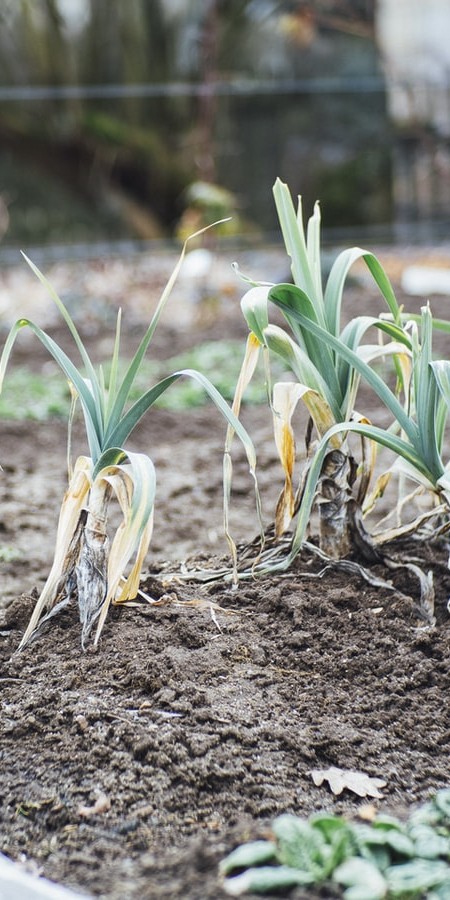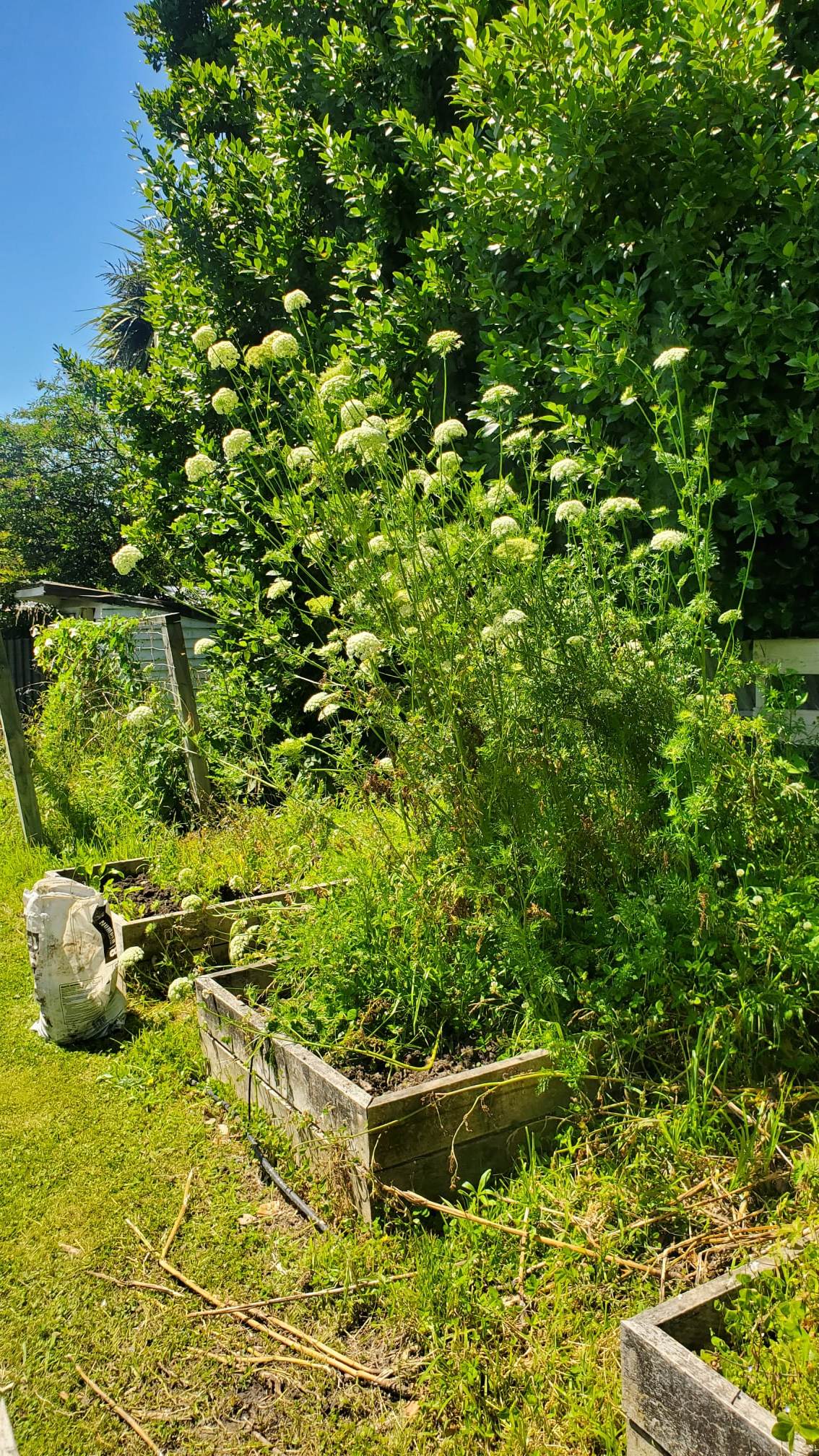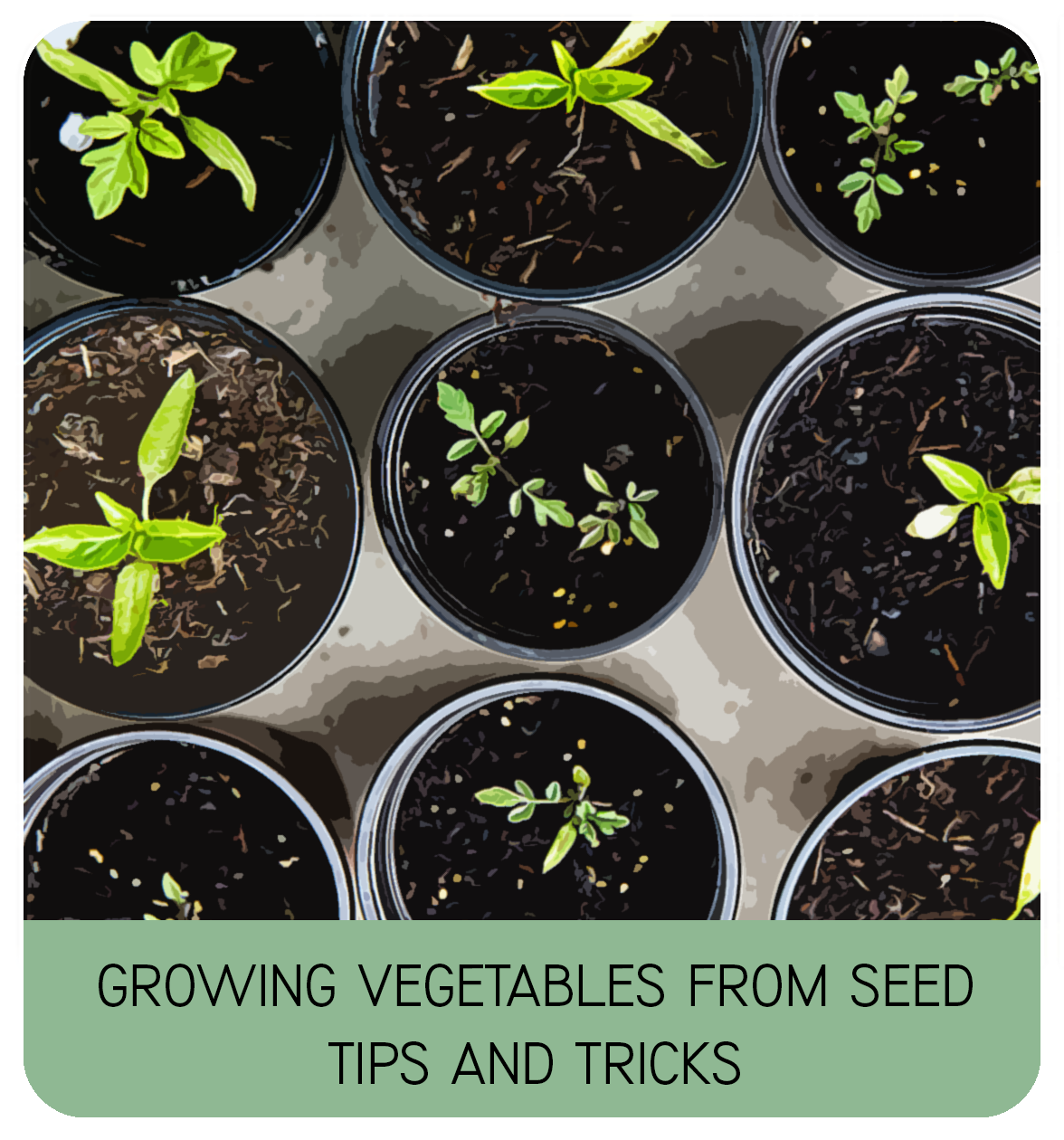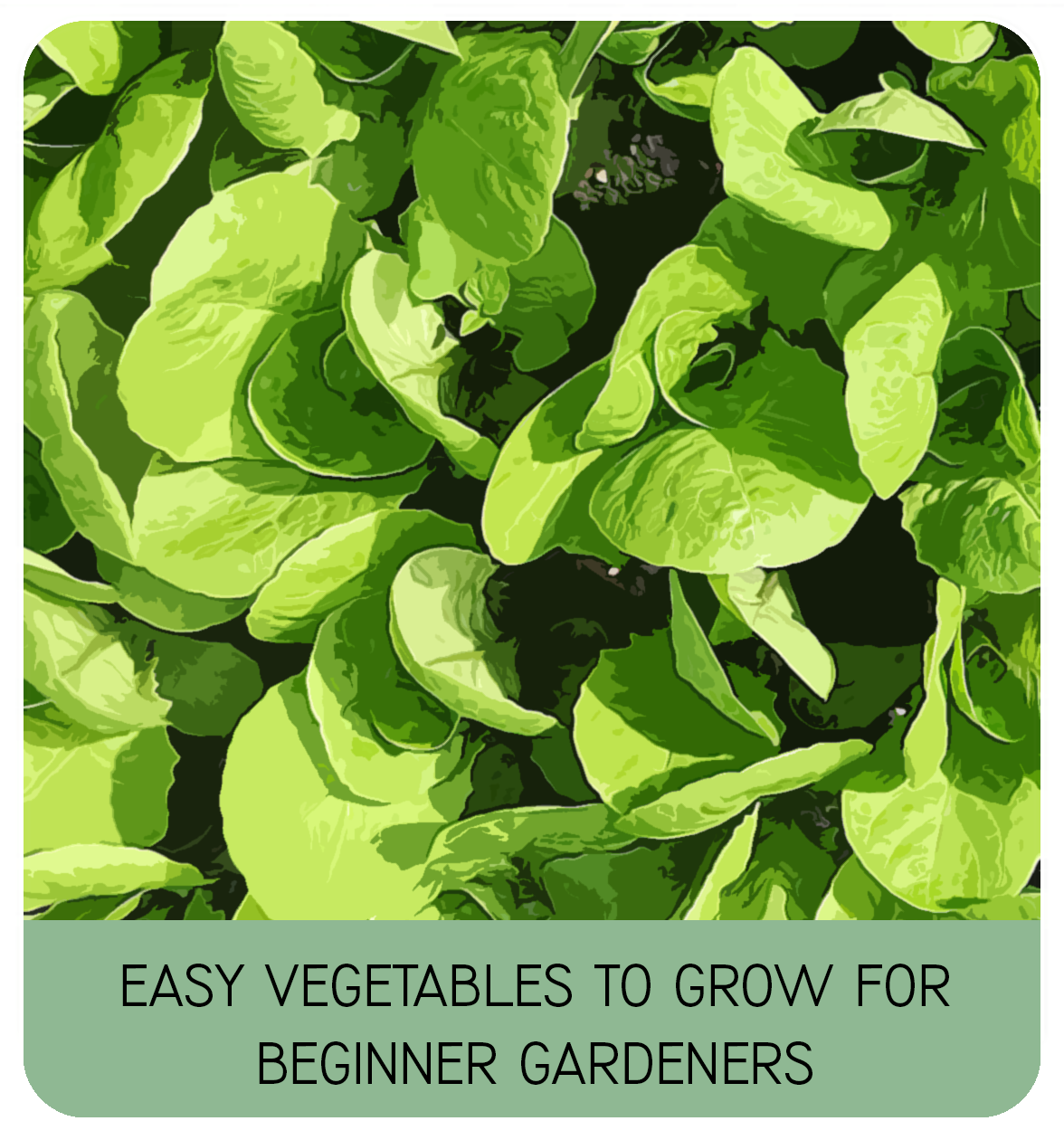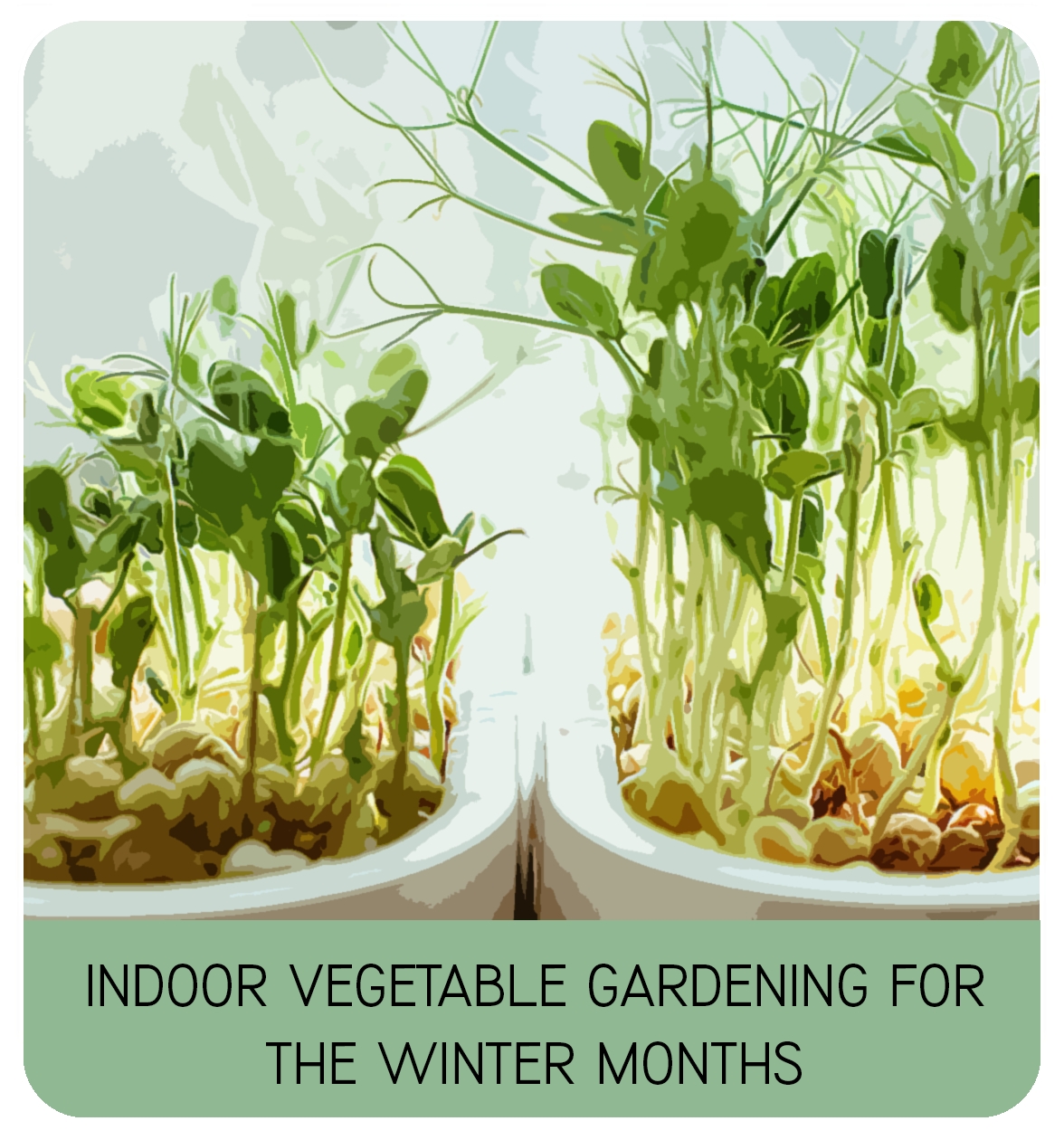Use Code "Spring2025" for
40% off first envelope
We ship all Little Gem envelopes on the 28th of every month. Free shipping nation wide!

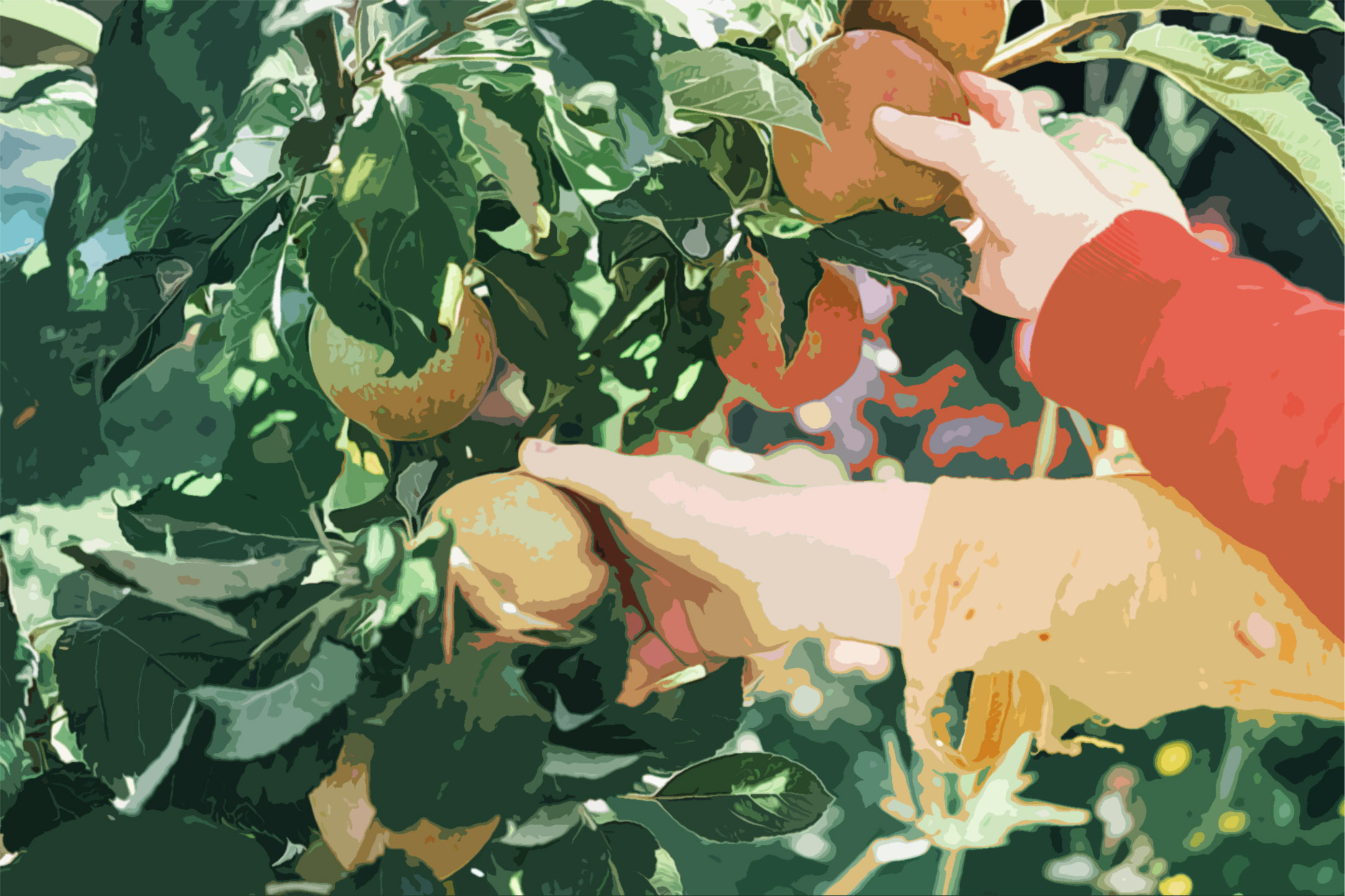

We’ve all forgotten to water our seeds, transplanted seedlings too early and forgot to tie down the greenhouse at some point, right…?
Making mistakes in the garden is a natural part of the learning process for every gardener, no matter how experienced they are. But, don't let those mistakes stop you from continuing to learn and improve your gardening skills. Gardening is a continuous journey that requires patience, persistence, and a bit of sweat. But with these tips for common gardening mistakes you'll be growing kai like a pro in no time. So don't give up, stay true to your roots, and keep on digging!
PLANTING:
Planting at the wrong time:
New Zealand has a unique climate, and planting at the wrong time can lead to poor growth and low yields. Make sure to research the best planting times for your region and adjust as needed.
Planting in the wrong spot:
Different plants have different light and soil requirements. Make sure to research the needs of your plants and choose the right spot in your garden for each one.
Not Rotating:
Crops: To avoid soil depletion and disease buildup, make sure to rotate your crops each season. Avoid planting the same crops in the same location year after year. In New Zealand, it's important to take into account the specific soil conditions and climate in your area, as some crops may have different rotation needs depending on the conditions.
Bad Soil:
Test your soil prior to planting veg and amend it as necessary. You can purchase soil testing kits at your local garden centre or online. These kits will help you determine the pH level of your soil and identify any nutrient deficiencies. Once you know what your soil needs, you can add compost, aged manure, or other organic matter to improve its quality. Change the soil as required for the specific vegetables that you’re planning to sow.
PROTECTION:
Not protecting from frost:
Not protecting from frost: Frost can damage or kill plants. Cover your plants with frost cloth or a similar material when temperatures drop.
Not using enough mulch:
Mulch helps retain moisture and prevent weeds. Use a thick layer of organic mulch around your plants to improve soil health.
CARE:
Underwatering:
To avoid underwatering which causes stunted growth and wilted leaves, make sure to water your plants thoroughly and apply mulch. Water them more frequently during hot and dry weather. In New Zealand, it's important to be especially mindful of water usage during times of drought, as water conservation is a major concern.
Wet Leaves:
This mistake can be detrimental to the health of the plants, as it can lead to fungal growth and disease.Water the soil directly at the base of the plants. Use a watering can or hose with a gentle spray nozzle to deliver the water directly to the soil, being careful not to splash water onto the leaves. If you must water the leaves, do so early in the day so that they have time to dry before nightfall.
Not Pruning/Thinning:
To avoid overgrowth and ensure healthy plant growth, make sure to prune your plants regularly.Pruning is important for plant health and can improve the yield of fruits and vegetables. Thin seedlings sown too close together, and tip herbs regularly to promote bushier growth.
Not Fertilizing or Over-fertilizing:
Plants need nutrients to grow, but too much fertilizer can burn the roots and damage the plant. Use a balanced fertilizer to ensure healthy plant growth and maximum yield. Make sure to fertilize your plants regularly and follow the recommended fertilizing schedule for the specific plants you're growing.
Good Luck Gardeners!
